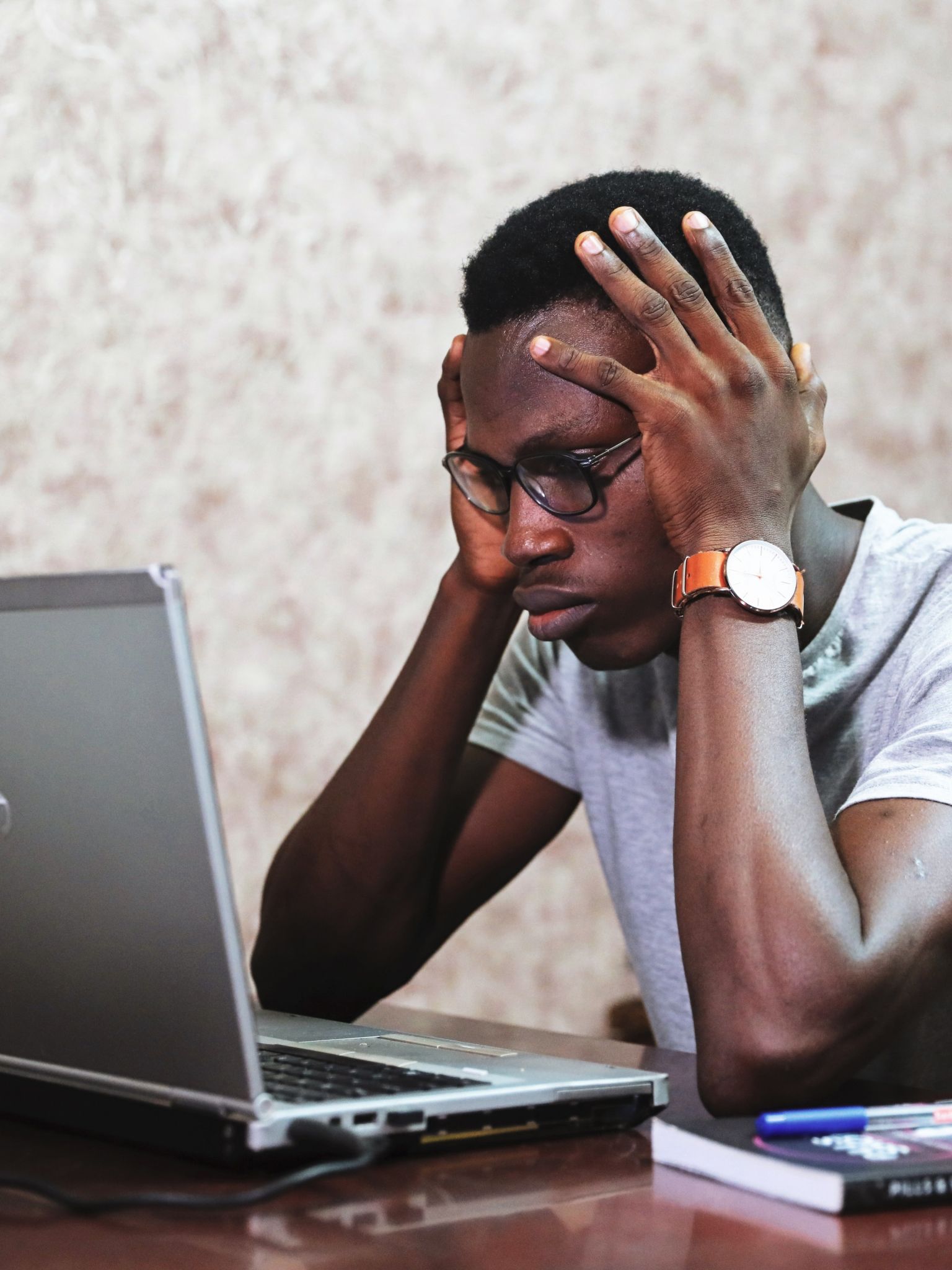For a long time, the issue of stress at the workplace has been considered as something that only Western countries were affected by. Yet, no matter where you are, no employee is spared by that issue which diminishes the company’s productivity as well as the motivation of workers. So basically, stress as work is also present in emerging countries.
If, in the past a lot of the Southern countries did not take this issue seriously it is not the case anymore. As of now, many of those countries officially take the issue seriously. Developing countries do not ignore that issue of stress at work anymore, like psychosocial problems and their impact on the economy. Thus, even though there are no official statistics, the issue is nonetheless real in Africa. Therefore, African countries are starting now to be concerned by it despite the fact that we can’t really measure it. It is even more true knowing that official numbers only exist for rich countries.
In Europe around 30% of workers admit being confronted with stress. That is at least what the 2009 Eurostat Union statistic study report revealed. In the US, the cost of stress at work (absences, less productivity, sick days etc) was estimated at 300 billions dollars in 2010 (202 billions euros). With no existing data on the issue, in emerging and developing countries, the International Labor Organization (ILO) decided to focus on the problem. This Organization that mainly focus on work related issues has decided to organize the World day of Safety and health at work. The ILO launched a whole study about that topic. The results of that study should allow to have a clear understanding of the situation related to stress at work. With the same goal. In mind, China turned to the ILO to establish psychosocial risk management tools.
Also, a network has been created in South America with countries like Colombia, Mexico, Argentina around the issues of mental harassment. According to Valentina Forastieri, coordinator of the ILO health at work unit “the reorganization that happened because of the crisis have led to job loss, she said. But for those who have kept their jobs, the stress has gotten higher because of the increase in working hours and the multitasking skills that we expect from them.” In her 2010 report on “emerging risks”, the ILO has already pointed out the risks caused by the new working conditions, mentioning also the situation of migrant workers and undeclared economy. It is a good thing that Southern countries have finally started to be aware of the gravity of that phenomenon because workers well-being is crucial. Many African countries have come to realize that profits are directly linked to workers well-being.

